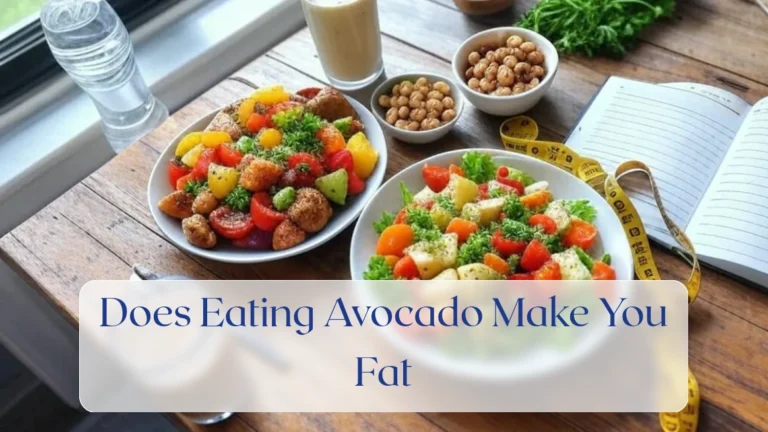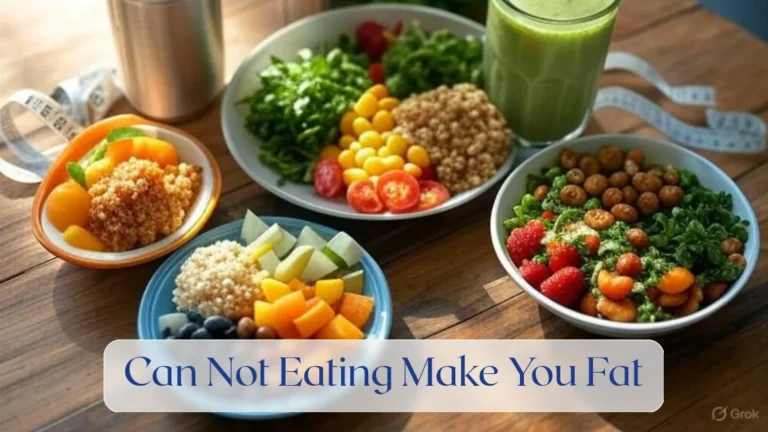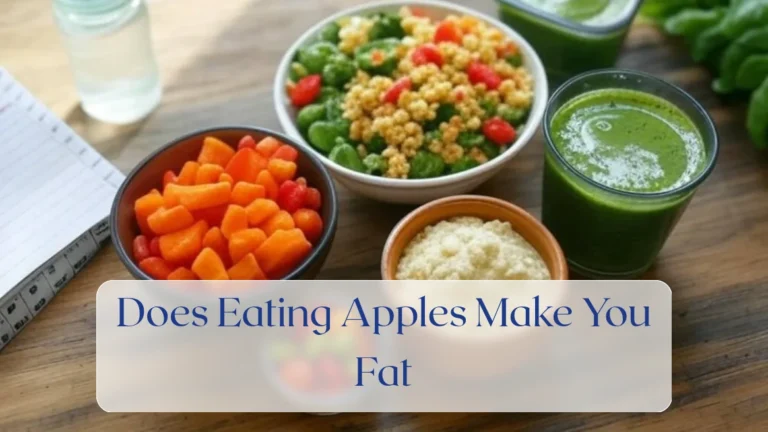Can Hard Alcohol Make You Fat? The Truth Revealed
Shocking truth about your favourite drinks and your waistline! Ever wondered if that peg of whisky or chilled glass of vodka is adding to those extra kilos? You’re not alone. Many Indians enjoy alcoholic beverages as part of social gatherings and celebrations, but the nagging question remains: does hard alcohol contribute to weight gain? This post reveals the surprising link between hard alcohol and weight gain, while offering practical tips to navigate the social scene without sacrificing your fitness goals. Learn how to enjoy alcohol without the weight gain. Let’s uncover the truth.
Alcohol’s Hidden Calories: A Shocker!
It’s often the hidden calories that get us. While we diligently track calories in our rotis and dal, we might inadvertently overlook the significant caloric content of our alcoholic drinks. Let’s unveil the calorie count of some popular Indian hard liquors:
- Whiskey (1 shot, 30ml): Approximately 97-110 calories (varies based on brand).
- Rum (1 shot, 30ml): Approximately 97-110 calories.
- Vodka (1 shot, 30ml): Approximately 94-100 calories.
These seemingly small numbers add up quickly. One or two shots might not seem alarming, but several drinks over a weekend quickly equate to a substantial caloric intake, easily exceeding the calories in a healthy meal. To showcase this stark difference, consider that one shot of whiskey roughly equals a small banana’s caloric content—a far more nutritious choice. Hard liquor’s caloric density makes its way silently and efficiently into your daily total and should absolutely be accounted for correctly.
Beyond Calories: Alcohol’s Impact on Metabolism
The harmful impact of alcohol stretches beyond simple caloric intake. Alcohol significantly interferes with our metabolism for several serious reasons. The body prioritizes metabolizing alcohol over other nutrients (like fats and glycogen), slowing down the overall metabolic rate in that time. Meanwhile the fat breakdown reduces during processing alcohol, and storage increases. And if this wasn’t troubling enough: The effect continues beyond metabolization of alcoholic consumption where your metabolic rate remains suppressed longer following alcohol consumption, influencing our body by hindering appropriate body fat burning and resulting in added fat storage during and after each consumption event.
Moreover, alcohol frequently affects our body’s hormonal balance which contributes in impacting how your body consumes, store, utilize calories that promote weight gain directly and indirectly as a side effect of hormonal imbalances following alcohol intake. To summarize concisely, alcohol inhibits fat burning and promotes considerable fat storage effects resulting more pronounced in regular excess alcoholic involvement.
The Role of Mixed Drinks and Indian Cuisine
The issue is more complex and delicate when coupled with Indian cuisine and popular mixed drinks. Alcohol and rich beverages often pair together with rich and calorific Indian cuisine comprising heavy spices, creamy sauces, and generous servings. These often go-to side mixes dramatically increase an alcoholic evening or day event’s impact by several magnitudes of increased consumption. Consider popular cocktails such as: a Whisky Sour, involving considerable added calories via sugar in simple syrups plus lemon wedges to provide a tasty drink to end a great social get together with drinks and food. Even when choosing non-sugary mixtures, the food is equally impacted and the high calories accumulate alongside the drinks and food both contributing negatively towards body fat gain and storage that lead to obesity development and diseases. Smart choices that include lighter appetizers/ food consumption should make you opt for a more calorie-conscious menu while enjoying fewer high-calorie drinks to control food intakes properly.
Making Smarter Choices: Tips for Indian Drinkers
Moderation is key here. We’re not suggesting giving up alcohol entirely or giving you yet another alcoholic restrictive way related alcohol guidance— simply suggest improving, altering your habits and to consume the beverage as part of life management decisions. Firstly, we suggest understanding that consuming alcoholic beverages even moderately should be done in moderation and with complete awareness if wanting weight maintenance. Reduce your risk of weight gain with making clever informed decisions while consuming alcohol as part of health responsible behavior. The concept of moderation varies amongst individuals, considering individual body weight and composition or underlying health differences that might also necessitate appropriate monitoring while making alcoholic consumption-related decisions.
Here are some practical tips:
- Choose lower-calorie options: Opt for drinks like vodka and soda water or whisky with a splash of diet soda. Avoid sugary mixers unless it can be used responsibly in moderation per your body’s capability to manage appropriate caloric balance.
- Balanced Diet: Integrate a calorie-controlled healthy India-based diet as a cornerstone of any balanced weight management program. Your consumption-based decisions coupled with food management habits must support reduced food overall quantity and selecting wisely and with forethought. Balancing that while allowing moderate (alcohol-based drinking should promote body weight loss potential greatly! This coupled with moderate consumption promotes your health potential and improved alcoholic drinks.
- Exercise Regularly: Exercise isn’t only about directly counter-acting, minimizing drinking habits – it also serves directly improve body mass index(BMI), muscle mass composition related matters to minimize adverse obesity effects and risks. Include vigorous exercise 3-5 to offset any potential calories from periodic consumption.
Alcohol and Your Overall Health in India
In India, alongside concerns about weight gain, understanding this factor’s integration within a wide scope of overall health factors concerning the wider context of its overall consumption are often needed—as such the entire process regarding consumption and drinking practices could be better managed per medical guidance that’s inclusive of medical and overall consideration for individuals. Medical consultation can effectively monitor, help those make necessary assessments, and even manage a balanced regimen concerning alcohol where appropriate for medical reasons or reasons as indicated based off a number of concerns needing consideration including metabolism types and medical circumstances, weight-loss goals alongside other underlying health condition to assist individuals making improved or necessary alcohol decisions given certain circumstances or concerns that should inform their choices and lifestyle overall accordingly for responsible well managed lives including balanced recreational consumption with improved quality in food and dietary intakes including nutrition plans all as supportive integrated programs.
Frequently Asked Questions
- How many calories are in a typical glass of whisky/rum/vodka? Approximately 97-110 calories per 30ml shot. Calories vary slightly based on brand and type but typically range along these values of consideration when making decisions.
- Does beer make you fatter than hard liquor? Beer tends to have noticeably more calories and added carbohydrates that impact overall calorie count within a single unit per serving compared to the more purer and less refined types found within spirit alcoholic-containing units.
- Can I lose weight while still drinking alcohol occasionally? Possible. Combine a moderate alcohol approach with reduced caloric intake diet, sensible activity/exercise program.
- What are some low-calorie Indian drink alternatives? Try flavoured or non-sweetened sodas; mineral such water and refreshing fruit-based drinks with herbal or other alternative preparations suitable to Indian tastes preferences given their own caloric counts that support overall healthy drinking practices.
- Are there any health benefits to drinking alcohol in moderation? Some studies suggest moderate red wine intake contains notable antioxidants- it’s crucial it’s managed as alcohol still carries potentially unhealthy results overall irrespective regardless those associated possible benefits noted or associated merits given such details if it could be medically justified to promote better individual health and improved health practices which remains dependent circumstances unique factors based of personal individuals and their unique requirements.
Conclusion
In conclusion, understanding your alcohol consumption, managing this appropriately according to factors already listed, and including consideration of weight management goals means that alcohol impact needs responsible managing without complete abandoning where sensible that it’s done correctly, responsibly alongside proper balance via balanced dietary, including responsible fitness programs coupled improved informed mindful and sensible approaches regarding alcohol. It influences overall balanced choices that create quality improved lives. Please share your experiences or ask further questions.



